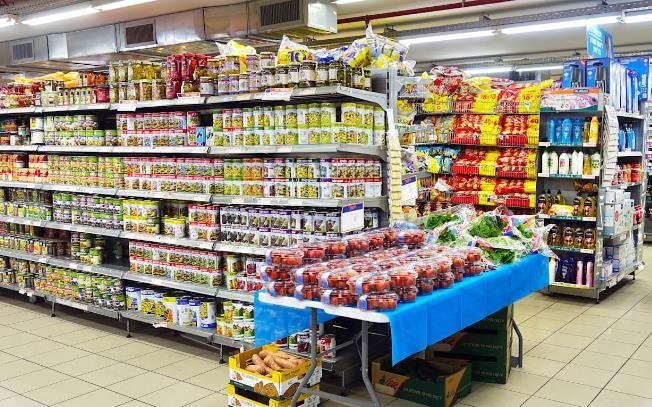According to new data from the Organization for Economic Co-operation and Development (OECD), Israel had the highest cost of living among its member countries in 2022. The data showed that prices in Israel were 38% higher than the average for OECD countries, which include 38 developed economies such as the US, Canada, Japan, Germany, and France. The cost of living index compares the general price levels of countries using consumer price indices and ratios of purchasing power parities to market exchange rates.
Switzerland, Iceland, and US follow Israel in ranking
Israel was followed by Switzerland, which had a cost of living that was 37% higher than the OECD average. Iceland came in third place with a cost of living that was 35% higher than the average, while the US ranked fourth with a cost of living that was 32% higher than the average. The lowest cost of living among OECD countries was found in Mexico, which had a cost of living that was 49% lower than the average.

Factors behind Israel’s high prices
Israel’s high cost of living has been attributed to several factors, such as:
- Foreign exchange rates: The Israeli shekel has appreciated significantly against other currencies in recent years, making imports more expensive and reducing the competitiveness of Israeli exports.
- Housing prices: Israel has one of the most expensive housing markets in the world, with prices rising by more than 150% since 2007. The high demand for housing, coupled with limited supply and regulatory barriers, has driven up the cost of renting and buying homes in Israel.
- VAT on food: Israel has a high value-added tax (VAT) rate of 17% on most goods and services, including food. This makes food more expensive in Israel compared to other countries that have lower or zero VAT rates on food products.
- Lack of direct support for agriculture: Israel’s agricultural sector faces many challenges, such as water scarcity, climate change, security threats, and international competition. Unlike other OECD countries, Israel does not provide direct subsidies to farmers, which affects their profitability and ability to lower prices for consumers.
- Over-concentration and regulation: Israel’s economy is characterized by over-concentration in some sectors, such as food and household goods, where a few large suppliers dominate the market and have high bargaining power. This reduces competition and innovation and allows suppliers to charge higher prices. Additionally, Israel has a complex and burdensome regulatory environment that increases the cost of doing business and creates barriers to entry for new players.
Government’s response to public outcry
The high cost of living in Israel has been a source of public discontent and social protest for many years. In 2011, hundreds of thousands of Israelis took to the streets to demand social justice and lower prices. In 2023, the right-wing government led by Prime Minister Benjamin Netanyahu faced criticism for neglecting to address the issue while focusing on its controversial judicial reform plans. In response, the government announced the formation of a ministerial committee in June 2023 to tackle the high cost of living. The committee, chaired by Netanyahu, includes 13 ministers from various ministries, such as finance, economy, agriculture, health, housing, and tourism.
The committee is expected to propose measures to reduce prices and improve the standard of living for Israelis. Some of the possible measures include:
- Lowering VAT on food: The government may consider reducing or eliminating VAT on basic food products, such as bread, milk, eggs, cheese, fruits, and vegetables. This would lower the cost of food for consumers and increase their purchasing power.
- Increasing competition and transparency: The government may introduce reforms to increase competition and transparency in various sectors, such as food, retail, banking, telecoms, and energy. This would involve breaking up monopolies and oligopolies, easing regulations and licensing requirements, opening up markets to foreign competition, and enhancing consumer protection and information.
- Supporting agriculture and innovation: The government may provide more support to the agricultural sector through subsidies, incentives, infrastructure development, research and development, and export promotion. This would help farmers cope with the challenges they face and lower their production costs. The government may also invest more in innovation and technology to boost productivity and efficiency in various sectors.
- Addressing housing crisis: The government may implement policies to increase the supply and affordability of housing in Israel. This would involve increasing land availability, streamlining planning and construction processes, providing subsidies and tax breaks for low-income households, promoting rental housing and public housing projects, and encouraging urban renewal and development.
